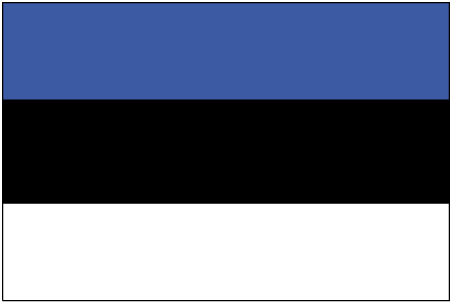United States Singapore United Kingdom Armenia Canada Germany Turkey Azerbaijan France Georgia Russia Netherlands Australia Sweden India Belgium Italy Greece Poland Brazil Portugal Spain Czech Republic Switzerland Romania Norway South Korea Ukraine Philippines Hungary Austria Denmark Serbia Israel Mexico Iraq Pakistan Finland United Arab Emirates Bulgaria Indonesia Malaysia Lebanon Ireland Slovakia Iran Lithuania Argentina Croatia Thailand Japan Egypt Estonia Saudi Arabia Slovenia New Zealand Latvia South Africa Malta Taiwan Bosnia and Herzegovina Cyprus Vietnam Jordan North Macedonia Chile Hong Kong Nigeria Morocco Bangladesh Venezuela Albania Belarus Colombia China Kuwait Moldova Sri Lanka Puerto Rico Qatar Peru Kazakhstan Tunisia Kyrgyzstan Algeria Dominican Republic Montenegro Bahrain Palestinian Territory Luxembourg Syria Iceland Uruguay Costa Rica Jamaica Kenya Cambodia Ghana Ecuador Monaco Panama Trinidad and Tobago Bahamas Guatemala Mongolia Uzbekistan Tanzania Honduras Oman Nepal Afghanistan El Salvador Senegal Rwanda Ethiopia Uganda Myanmar Nicaragua Netherlands Antilles Reunion Maldives Belize Guernsey Sudan Libya Dominica Togo Jersey Cote D'Ivoire Bolivia Fiji Paraguay Mozambique Benin Grenada Kosovo Angola Yemen Cuba Suriname Faroe Islands Barbados Laos Guam Cameroon Namibia Gibraltar U.S. Virgin Islands Andorra Haiti Cayman Islands Saint Lucia Zambia Seychelles Botswana Turks and Caicos Islands Mauritius Burundi Guadeloupe Brunei Darussalam Malawi Guyana Anguilla Aland Islands Bermuda Liberia Bhutan Gambia Zimbabwe French Polynesia Madagascar Tajikistan Aruba Saint Vincent and the Grenadines Sierra Leone Somalia Marshall Islands Burkina Faso United States Minor Outlying Islands Papua New Guinea Mali North Korea Mayotte Vatican City Timor-Leste American Samoa Macao Djibouti Greenland Gabon Antigua and Barbuda Estonia Flag Meaning & Details 183 VISITORS FROM HERE! Estonia Flag Flag Information three equal horizontal bands of blue (top), black, and white various interpretations are linked to the flag colors blue represents faith, loyalty, and devotion, while also reminiscent of the sky, sea, and lakes of the country black symbolizes the soil of the country and the dark past and suffering endured by the Estonian people white refers to the striving towards enlightenment and virtue, and is the color of birch bark and snow, as well as summer nights illuminated by the midnight sun
Learn more about Estonia » CIA - The World Factbook
 Previous Country | Next Country
Previous Country | Next Country  » Back to Flag Counter Overview
» Back to Flag Counter Overview
 Previous Country | Next Country
Previous Country | Next Country  » Back to Flag Counter Overview
» Back to Flag Counter Overview